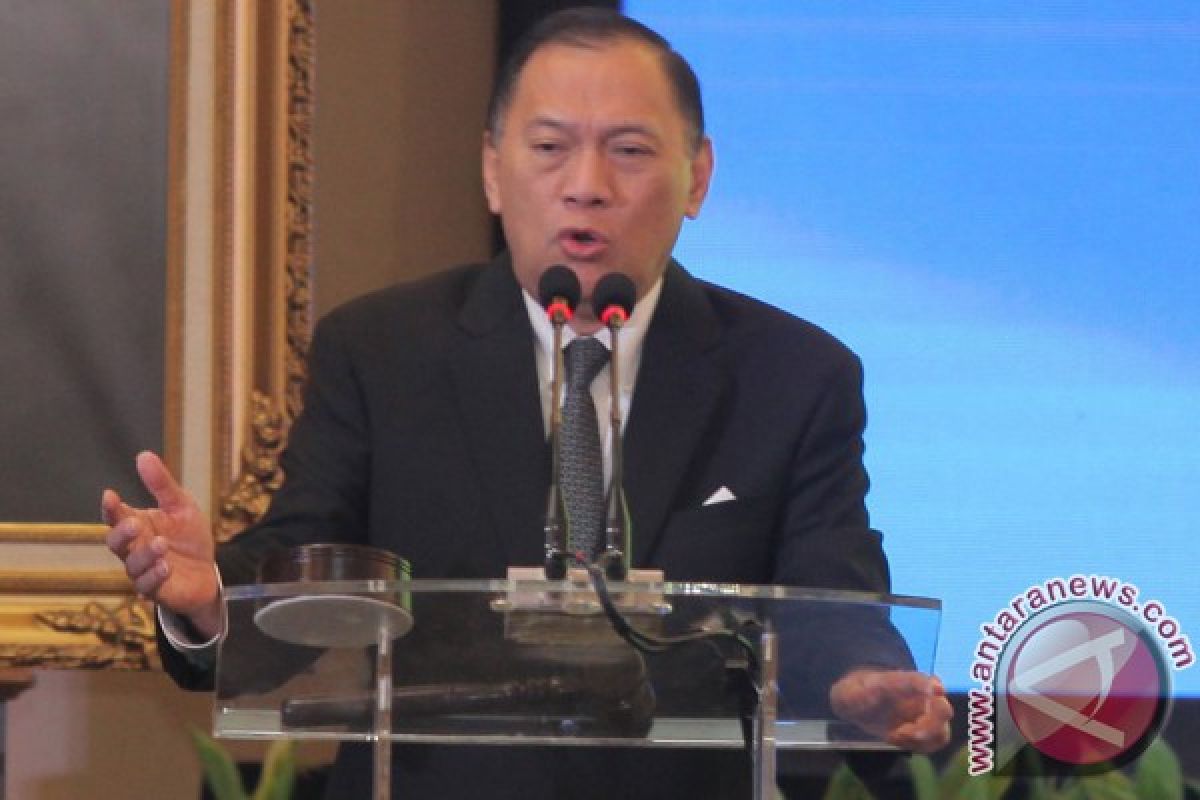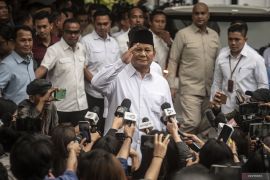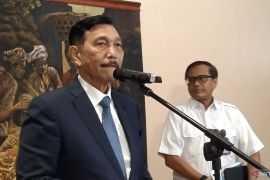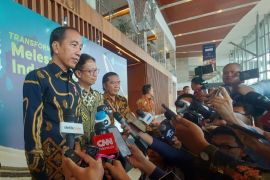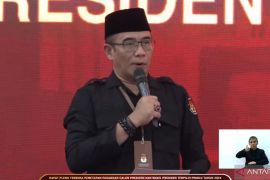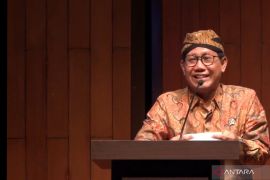The statement was made by the Chairman of the Indonesian Central Bank, Agus Martowardojo, during the Mandiri Investment Forum in Jakarta on Wednesday.
"Direct investment is less influenced by seasonal political activities, as it is more determined by the condition of economic fundamentals and long-term factors," he stated.
In a bid to convince all 600 investors in the forum, Martowardojo stated that in 2018, the Indonesian economy will grow higher than the achievement in 2017, which was at 5.07 percent (year-on-year).
One of the growth drivers is the high estimate of FDI, which will be one of the funding sources for development.
"Several surveys and studies have revealed that Indonesia was ranked on the top positions among the countries that can increase investor spending," he remarked.
The Central Bank estimated that Indonesia`s economy will grow at 5.1 to 5.5 percent (y-o-y) this year, with inflation rate at 2.5 to 4.5 percent (yoy) and current account deficit at 2 to 2.5 percent of GDP.
Finance Minister Sri Mulyani Indrawati remarked that the government will continue to maintain the momentum of economic growth recovery, which has been established by maintaining the performance stability of the State Budget (APBN).
"Indonesia aims to maintain the momentum of the economy and the stability of the state budget, and so we are looking for a balance point," she explained, in response to the latest assessment results on Indonesia`s economy by the International Monetary Fund in Jakarta, on Wednesday.
She further stated that one of the efforts to maintain the stability of the State Budget performance was to sustain the budget deficit and keep it under control and within the permitted limits of the State Law, which is three percent to the GDP.
"We have a lower deficit, especially to make the primary balance smaller and to create a fiscal buffer, because the economy is not always easy," she elaborated.
She believed that the consolidation of the state budget to keep the budget deficit under control can serve as a cushion, in the event of an economic outbreak from outside.
The government is targeting the economic growth to reach 5.4 percent (yoy) in 2018, after growing only 5.07 percent (yoy) in 2017.
Reported by Indra Arief Pribadi
(UU.KR-ARC/INE)
EDITED BY INE/H-YH
Reporter: antara
Editor: Heru Purwanto
Copyright © ANTARA 2018
